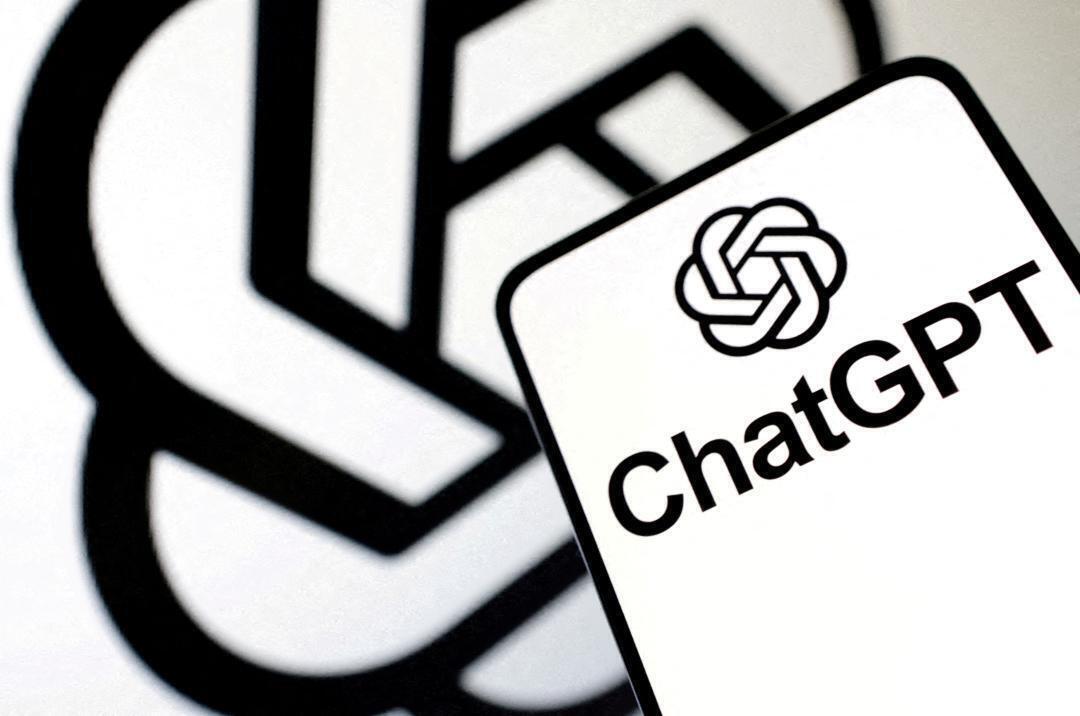
Title: I gave ChatGPT salary details & it fixed my finances, says man
The rise of artificial intelligence has been a game-changer in various aspects of our lives, and personal finance is no exception. In recent times, we’ve seen the emergence of AI-powered chatbots like ChatGPT that are capable of handling complex tasks, including financial planning. One such individual who has benefited from ChatGPT’s financial prowess is US-based author and entrepreneur Adrian Brambila. In a recent article, Brambila shared his remarkable experience of using ChatGPT to sort out his finances, which he claims was done in just 7 prompts and without the need for spreadsheets, budgeting apps, or even a financial advisor.
According to Brambila, he decided to give ChatGPT a shot after struggling to make sense of his finances. He claimed that his previous attempts at budgeting were a failure, and he found himself stuck in a cycle of financial uncertainty. However, after feeding ChatGPT his salary details, the AI-powered chatbot created a zero-based budget based on the 50/30/20 rule, which he found to be surprisingly effective.
The 50/30/20 rule, as the name suggests, is a simple yet effective framework for allocating one’s income. The rule suggests that 50% of one’s income should be dedicated to necessary expenses such as rent, utilities, and groceries. The remaining 30% should be used for discretionary spending, such as entertainment, hobbies, and travel, while the final 20% should be saved or invested.
Brambila was impressed by ChatGPT’s ability to create a budget based on this rule, saying, “This didn’t feel like budgeting.” He claimed that the chatbot’s suggestions were intuitive and easy to follow, allowing him to gain a clear understanding of his financial situation and make informed decisions about his money.
So, how exactly did ChatGPT help Brambila fix his finances? According to his account, he simply fed the chatbot his salary details, and ChatGPT created a comprehensive budget plan based on the 50/30/20 rule. The chatbot took into account Brambila’s income, expenses, and financial goals, providing him with a clear picture of his financial situation.
One of the key benefits of ChatGPT’s budgeting approach is its simplicity. Unlike traditional budgeting methods, which often require a great deal of time and effort, ChatGPT’s system is quick and easy to use. Brambila claimed that he was able to get started with the chatbot in just a few minutes, and that the entire process took less than an hour to complete.
Another advantage of ChatGPT’s budgeting system is its ability to adapt to changing financial circumstances. Brambila noted that the chatbot was able to adjust his budget plan as his expenses and income changed over time, ensuring that he remained on track with his financial goals.
While ChatGPT’s budgeting system may not be suitable for everyone, Brambila’s experience suggests that it can be a powerful tool for individuals looking to take control of their finances. By providing a clear and intuitive framework for allocating one’s income, ChatGPT can help individuals make informed decisions about their money and achieve their financial goals.
In conclusion, Brambila’s experience with ChatGPT serves as a testament to the potential of AI-powered chatbots in personal finance. By providing a simple and effective framework for budgeting, ChatGPT can help individuals take control of their finances and achieve their financial goals. Whether you’re struggling to make ends meet or simply looking to optimize your financial situation, ChatGPT’s budgeting system is definitely worth considering.






